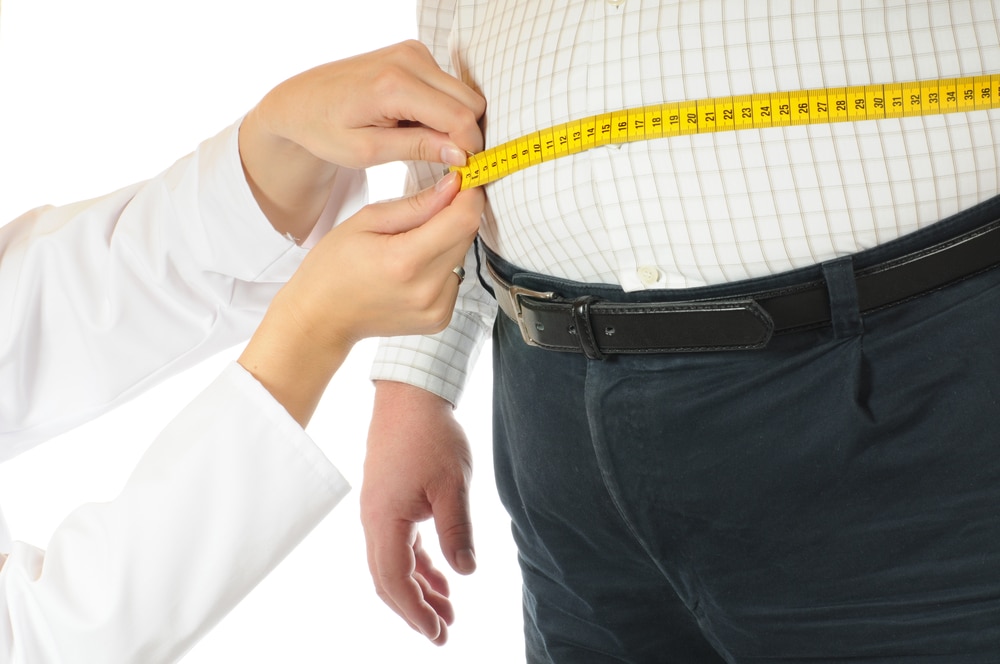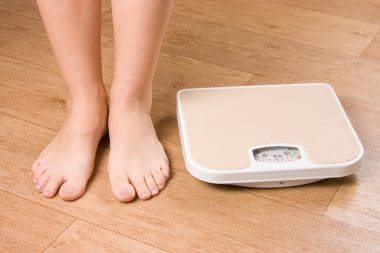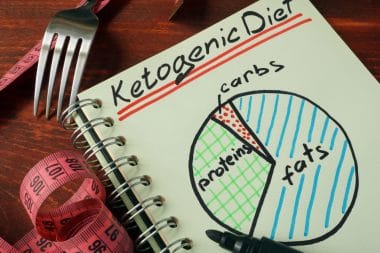We all love a nice bowl of hot noodle soup on a cold winter day. But, if the soup comes in a plastic (melamine) bowl, it might increase your risk of developing kidney stones. A new study conducted by Taiwanese researchers, published in the recent issue of the journal JAMA Internal Medicine, shows that warm soup releases melamine from the bowl straight into our system.
Children and kidney stones
The study was initiated after the anecdotal report from the urologists that they see increased number of children with kidney stones. The kidney stones in children are usually linked to some kidney disorder, genetics or unhealthy lifestyle. Drinking too little water, drinking too many caffeinated soft drinks, food with too much sodium and salt, may increase the risk of concentration of substances in the urine that cause formation of stones. High rates of obesity in children and less active lifestyles are also potential causes for the increase of number of children with kidney stones.
Melamine and kidney stones
Melamine is a strong, durable plastic, commonly seen as melamine plates and bowls, laminate floors, Formica, and dry eraser boards. It has many industrial uses, but it has been noted by the World Health Organization for forming kidney stones in studied animals .
This research was not the first sign that melamine might be causing kidney stones. The research conducted on Chinese children found that those who have been fed with melamine-tainted formula had seven times more chance of developing kidney stones than children who eat clean formula. The contamination of baby formula with melamine caused quite a panic in China recently. Some types of formula had melamine added to it in order to increase the levels of protein in it.
Melamine and hot soup
The researchers found that hot temperature increases the amount of melamine leaching from the bowl, increasing our chance of developing kidney stones. The melamine concentration in our kidneys increases with prolonged exposure. So, if you are a regular at the corner Chinese noodle soup, your risk of kidney stones is increased even if the quantity of melamine leaching from the soup bowl is very small.
The study was very small, only 12 people, but the results were clear. Melamine bowls release large quantity of melamine if used to serve hot foods.
Not all brands of melamine produced the same results. Nevertheless, in light of all the recent reports on the effects of melamine on the formation of kidney stones, you might want to talk to your noodle soup neighborhood owner and ask for some china bowls.
The research was supported by the National Science Council, the Taiwan National Health Research Institutes, and Kaohsiung Medical University Hospital.





